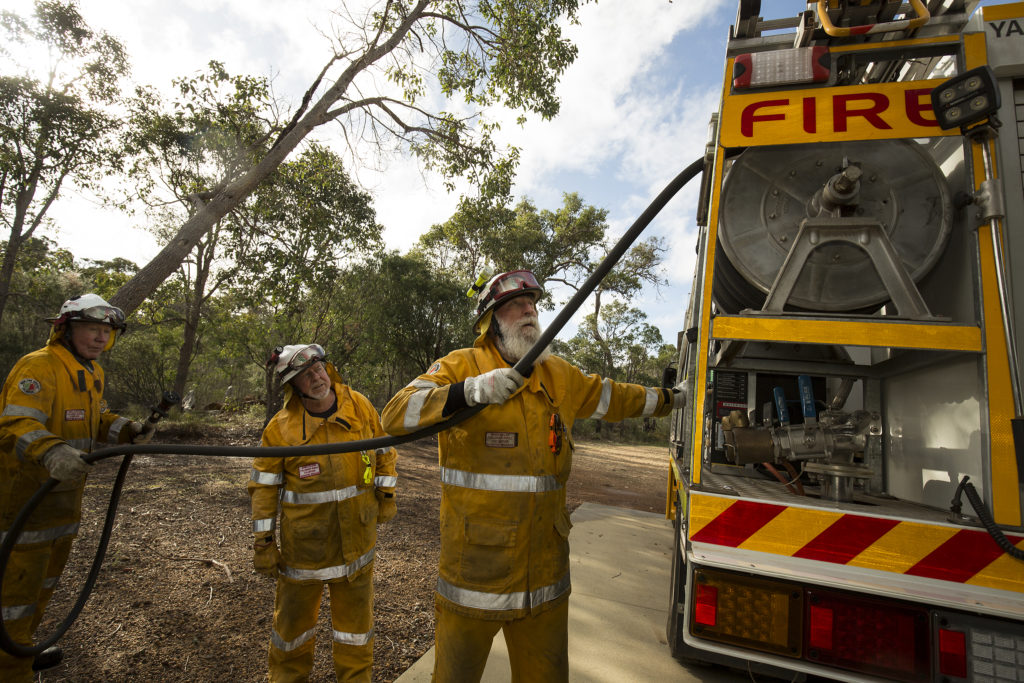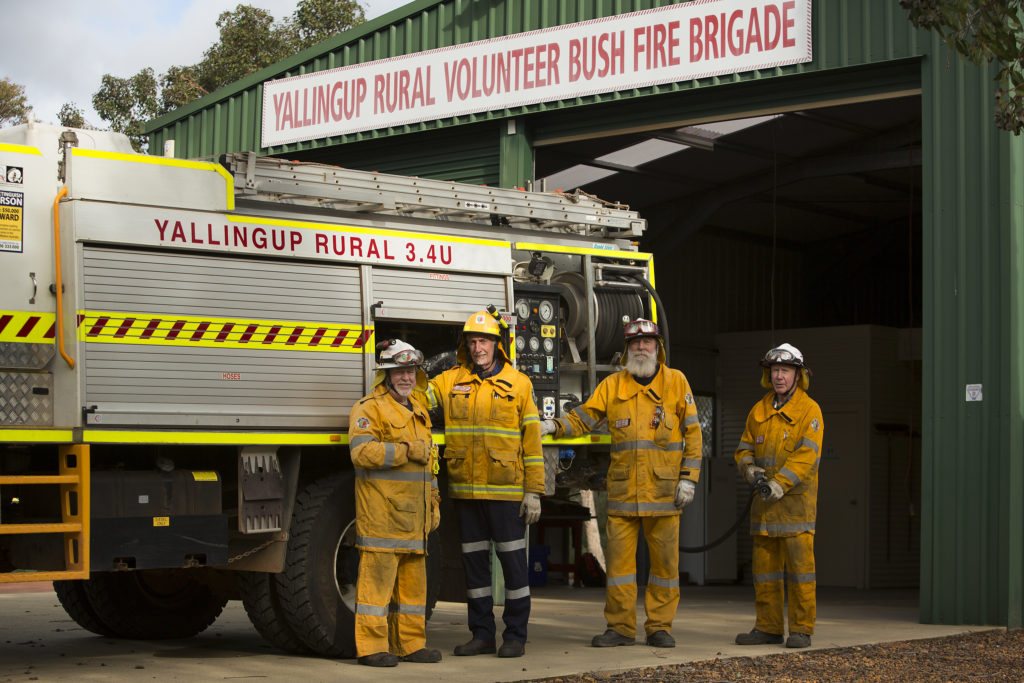Risk matters, safer WA communities
Local Government Risk Forum | Tuesday 6 September 2022
Exploring emerging and current risks for WA local governments

LGIS members across the state, particularly in the south and Wheatbelt, faced fires which destroyed property and razed the land. Changing environmental conditions will continue to pose significant challenges.
In the front line, battling all of these fires were our bushfire volunteers. Without the tireless dedication of these volunteers the destruction of bushfires would be so much worse.
Every three years LGIS reviews the Scheme Risk plan, and in May this year the Board of Directors endorsed the 2022-2025 plan.
In 2021, WALGA commissioned Mainsheet Capital to do an independent review of the Scheme risk program. The review aimed to answer two questions: one, do risk services provide value for money and two are they effective? Their report answered ‘Yes’ on both counts – affirming the benefits to members of the program. In their report Mainsheet also provided recommendations and we’ve incorporated them into the 2022-2025 program.
The risk program is a key benefit of LGIS membership and is structured around three pillars:
Local Government Risk Forum | Tuesday 6 September 2022
Exploring emerging and current risks for WA local governments
Long COVID refers to cases where the patient recovers from the acute COVID-19 infection effects but goes on to have longer term symptoms.
The new Work, Health and Safety Act WA (2020) (WHS) changed the definition of a worker to now include volunteers. LGIS members have been seeking clarity on how they can meet their obligations, and what types of protections are included with LGIS membership.
In addition to the regular three yearly review, we look at sector wide risks every year; tweaking service delivery to respond to what’s happening in the sector.
There are a range of new services and projects ear-marked for the next three years. Members have the opportunity to get involved with various pilot programs and research projects.
Local government leaders ranked cyber-security as their number two risk concern in the 2021 JLT Public Sector Risk Report. Globally cyber is recognised as a significant and growing risk exposure. This is reflected in the dramatic price increases for cyber-cover in the commercial insurance market – 110% in the US and 102% in the UK for the first quarter of 2022.
In talking to WA local government leaders, we know it’s a concern and cyber-claims to LGIS have increased in the last few years. Although we haven’t seen a large claim yet, it’s only a matter of time.
We’re developing a cyber-resilience program to support members in building their cyber-security capacity. Members will be invited to participate when the pilot program is launched.
We’ve identified five new areas to deliver risk assessments to members; two new types of assessment will be added each year starting in 2022. Individual members will be able to access the new service and the whole sector will benefit by data gathered on risk maturity and claim frequency. Assessments will be delivered in the areas of:





All LGIS members have significant property portfolios including staffed buildings, leased premises, public facilities, fleet, plant and equipment. The property assessment program provides members with assessments to identify risks and recommends risk management strategies in response.
Every year 20 high risk properties, such as waste facilities, ports or bushfire/emergency facilities, and 15 low to medium risk properties will be audited by the Scheme.
Western Australia’s new work, health and safety (WHS) legislation has seen renewed interest from the local government sector across many aspects of people risk.
LGIS will continue to deliver our popular ‘3 Steps to Safety’ program alongside a range of awareness sessions across roles and responsibilities, due diligence, psychological safety, volunteers, and contractor management.
People management services have been refined and include mediation, short term counselling, conflict resolution and critical incident debriefing – including for elected members and volunteers.
Although psychological safety has always been included in WA legislation it is now explicitly mentioned in the Act, garnering more attention from employers. LGIS will develop a psychological safe program for members. It will have a strong focus on education around identifying psychosocial hazards, and the prevention of psychological injuries. More information will be available when the program becomes available.
Volunteer management is another area in the spotlight with changes to the definition of a ‘worker’ in new WHS legislation. LGIS has already developed a wide range of resources to support members in managing volunteers and bushfire volunteers. Over the next few years, we’ll continue to develop material and provide targeted support in response to the regulatory environment and the sector’s needs.
These services and more are available to all LGIS members. Services can be delivered in-person, virtually or a combination of ways that meets the member’s needs.
We are committed to working with all members to build risk management capacity within the sector ensuring safer communities and workplaces.
For more information on LGIS risk services contact your risk consultant or regional risk coordinator.

A demanding role. What does it take to be a bushfire volunteer? The LGIS injury prevention team have done the most exhaustive assessment yet of the demands of a volunteer bushfire fighter role.

LGIS members across the state, particularly in the south and Wheatbelt, faced fires which destroyed property and razed the land. Changing environmental conditions will continue to pose significant challenges.

Bushfire volunteers provide a vital service to our communities, and the work they undertake is often in very high-risk environments.
LGIS is the unifying name for the dedicated suite of risk financing and management services for WA local governments, established by the WA Local Government Association in conjunction with JLT Public Sector (part of the Marsh group of companies). LGIS is managed by JLT Public Sector (ABN 69 009 098 864 AFS Licence 226827).
Risk Matters, via this website, is designed to keep members, their staff and elected members informed on topical risk management and insurance issues and LGIS programs and services.